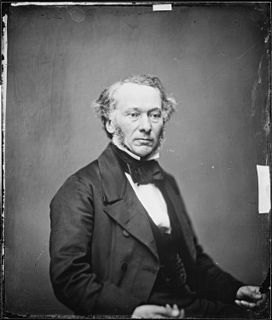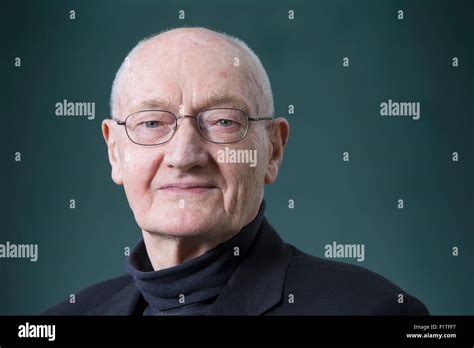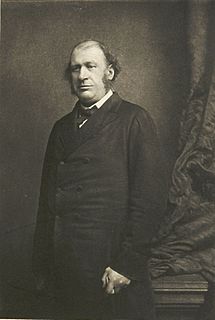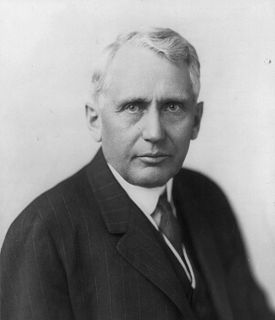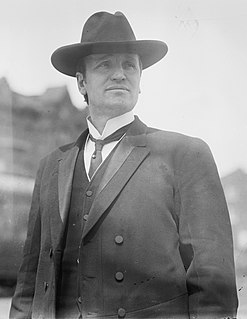A Quote by Woodrow Wilson
The question of armaments, whether on land or sea, is the most immediately and intensely practical question connected with the future fortunes of nations and of mankind.
Related Quotes
To me this question whether liberty is a good or a bad thing appears as irrational as the question whether fire is a good or a bad thing. It is both good and bad according to time, place, and circumstance, and a complete answer to the question, In what cases is liberty good and in what cases is it bad? would involve not merely a universal history of mankind, but a complete solution of the problems which such a history would offer.

